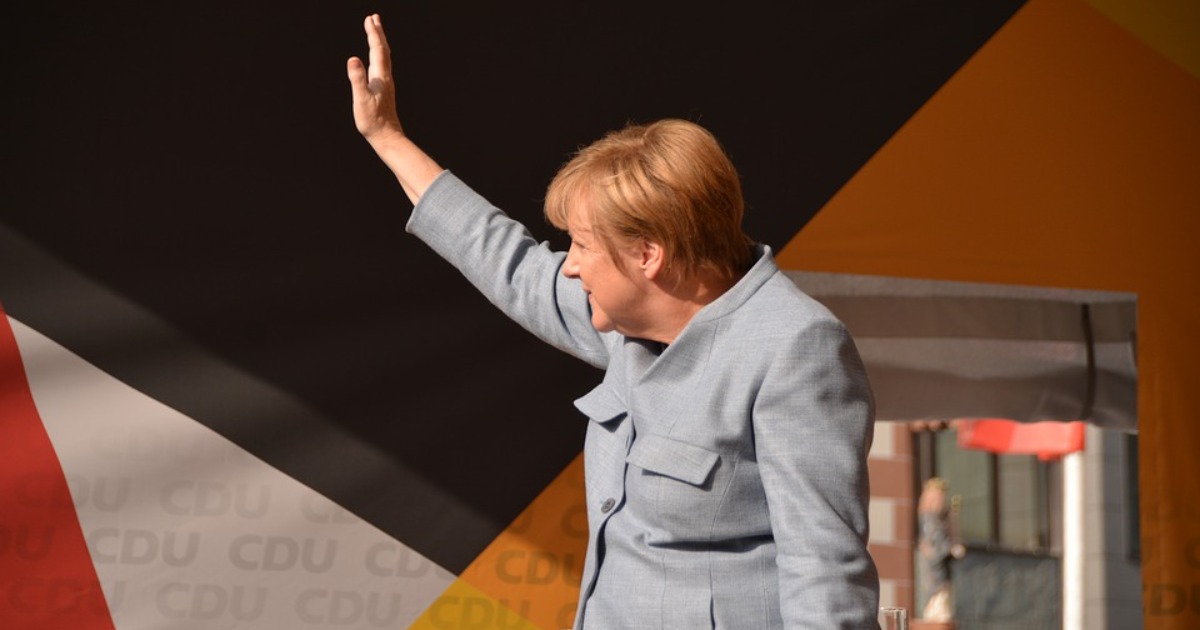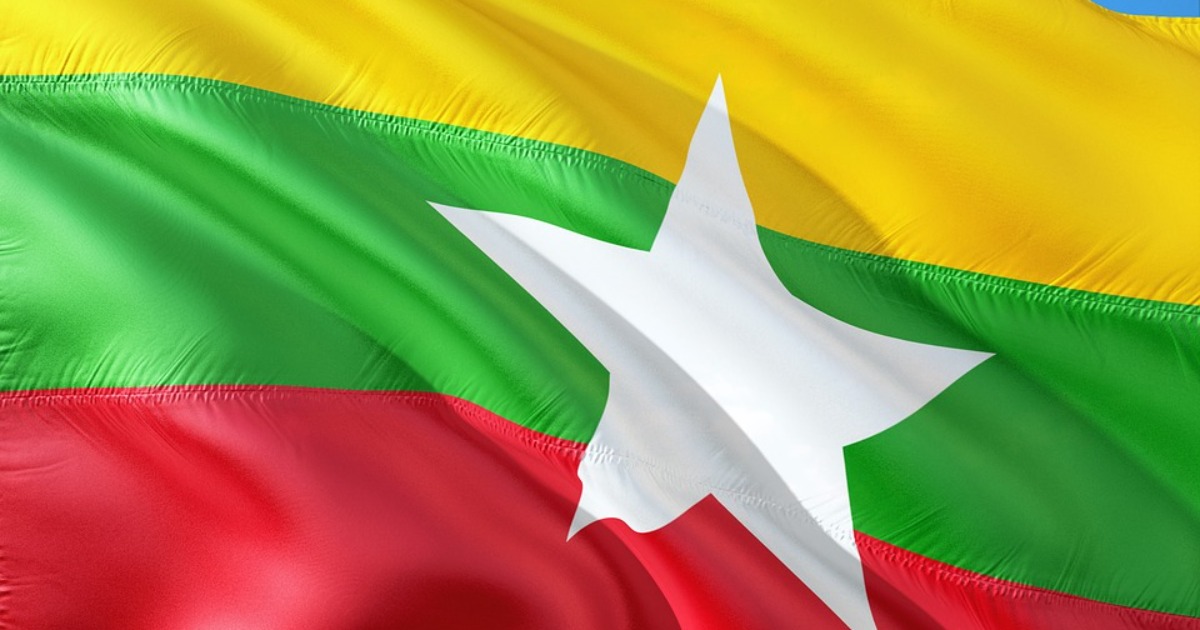Merkel’s Fall from Grace
Germany’s long-term leading government party faces an uncertain political future.
March 25, 2021

For much of the 21st century, German chancellor Angela Merkel has loomed large, not just in Germany and Europe, but also on the world stage.
She presented the sensible, confident face of Europe at a time when the continent had to contend with considerable strife with its main ally, the rise of rivals in Asia abroad and a weak European economy.
Dominating German politics, until now
For four successive elections, German voters placed their faith in her ostensibly steady hands, steering a course through the choppy waters of the Eurozone crisis, immigrant influx and early response to the COVID 19 pandemic.
But as she nears the end of her 16-year-long tenure (her final term ends after the 26 September election), the mood within Germany has turned sour.
No longer a vote getter for her party
Confidence in her CDU/CSU (Christian Democratic Union of Germany/Christian Social Union in Bavaria) coalition government has sharply declined in recent weeks.
Germany thus goes to the polls this September for the first time since Merkel emerged as the nation’s leader in 2005 with he political field wide open, with a number of possible outcomes.
A consequential election, for Germany and Europe
While domestic German politics may be somewhat opaque for the casual observer abroad, the direction in which the country’s electoral cookie eventually crumbles will have substantial consequences beyond its borders.
After all, Germany has the biggest and strongest economy in the European Union and is a major driver of EU policy.
Even as many of its neighbors have succumbed to populism, Germany has so far remained a centrist island of relative calm. But the tealeaves remain unclear when it comes to what a post-Merkel future may look like.
What went wrong?
A year ago, an initially deft response to the coronavirus pandemic sent support for Merkel and her CDU/CSU soaring in the polls.
But while Germany handled the first wave of the pandemic better than most other developed countries, this is no longer the case.
Confusing policy shifts, combined with a halting vaccination rollout, have undermined public confidence in the ability of the government to safely guide Germany through the crisis.
Loss of confidence
Against this backdrop, a kickback scandal involving members of parliament from the ruling coalition has further eroded public confidence.
Polls show a fall in support for the governing CDU/CSU back to weak pre-pandemic levels.
Merkel’s “Easter lockdown” U-turn, which had her reversing a lockdown announcement for the Easter holiday period only a day after the measure was announced, left the government looking even more inept.
Infighting
While the plunge in public support adds to the pressure on the government to quickly nominate a successor to Merkel, infighting between the two parties is making this difficult.
As the leader of the bigger CDU, Armin Laschet remains the favorite for the job. However, his rival Markus Söder from the smaller CSU has more resonance with voters.
If Laschet isn’t moved aside by choice of party bigwigs, he will likely get the nod to campaign to be Germany’s next Chancellor. An open conflict between Söder and Laschet would compound the electoral challenges that the CDU/CSU is facing in the run-up to the elections.
Likely outcomes
It’s still early days in the campaign. While Germany goes to the polls in six months, on September 26, the public’s attention is still elsewhere.
If the government manages to speed up the vaccinations in line with the current projections, most Germans will be able to enjoy a summer holiday.
The mood may thus still brighten. Despite their recent problems, the CDU/CSU remains the favorite at the polls.
However, the probability that Merkel’s successor will be from the ranks of the CDU/CSU has declined after the recent string of mishaps. Nonetheless, it is still a 70% likelihood in my view.
A probable scenario is for a renewed CDU/CSU-led coalition with an additional partner, most likely the Greens (60% probability). There also remains an outside possibility that the current junior partner, the SPD (Social Democratic Party) will return as part of the coalition
Traffic Lights
It won’t be easy to oust the CDU/CSU, despite its troubles. Parties with less than 5% of the popular vote are disqualified from the Bundestag.
As the very small parties may altogether receive around 6% of the total vote, a potential coalition needs 47% of the vote for a majority of seats.
Averaging out the last five opinion polls suggests that a “traffic light” alliance — between the Greens, the center-left SPD and the liberal “yellow” FDP (Free Democratic Party) — could just squeak in with 47.6% support currently.
A “green-red-red” coalition of Greens, the SPD and Left Party would fall just short of a majority, with about 46.4% of the vote.
The recent shifts suggest that there is a 15% probability that the traffic-light coalition scenario will come to pass and an equal chance that the green-red-red combination may emerge as victorious.
Only this last combination would spell major policy shifts, notably in terms of tighter labor, housing and product markets regulations — moves that could potentially reduce German economic growth significantly over time.
Conclusion: A green light for the Greens
But regardless of the exact contours of the final outcome, the Greens look set to be part of the next German government.
They will either emerge as a partner of the CDU/CSU or form a “traffic light” with the SDP/FDP or even a green-red-red alliance with the Left parties.
In a coalition without the CDU/CSU, they would likely nominate the chancellor, either the charismatic Robert Habeck or the more policy-savvy Annalena Baerbock.
Conclusion
For Germany, a country where stability is the norm, an unusually volatile political period could be on the cards.
Takeaways
There is stormy political weather ahead for Angela Merkel’s government as elections loom.
For much of the 21st century, Merkel has loomed large, not just in Germany and Europe, but also on the world stage.
Confidence in Merkel’s CDU/CSU coalition government has sharply declined in recent weeks.
Germany goes to the polls this September for the first time since Merkel emerged as the nation’s leader in 2005 with the political field wide open.

